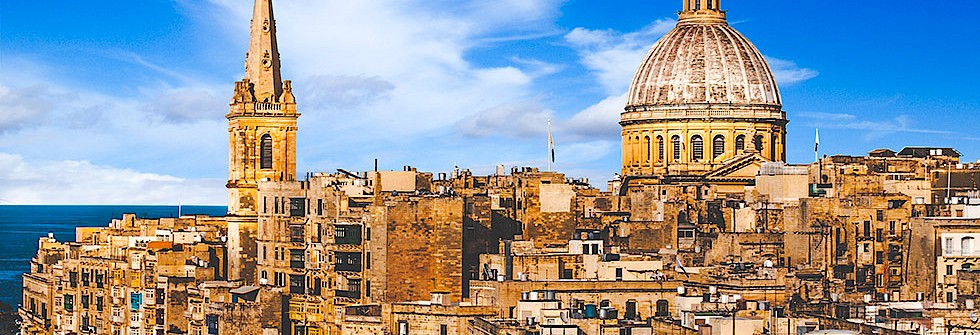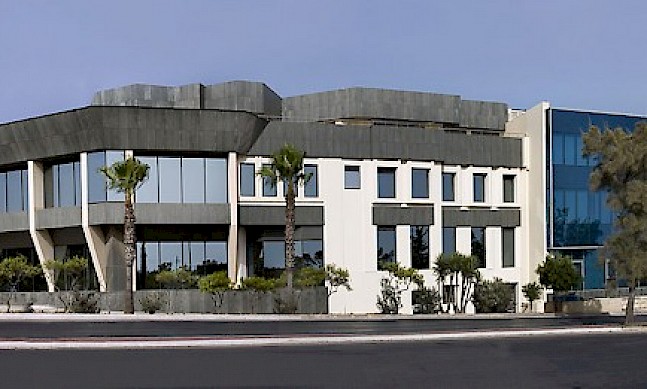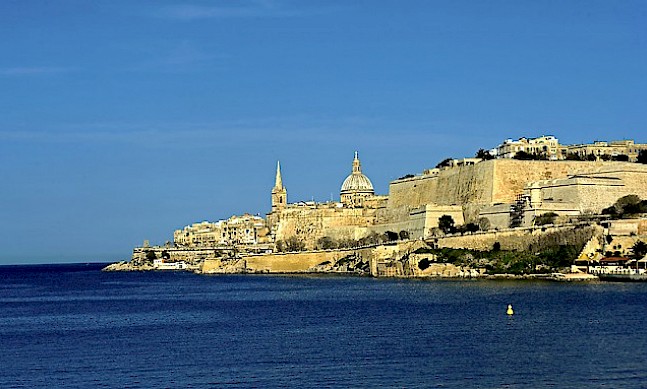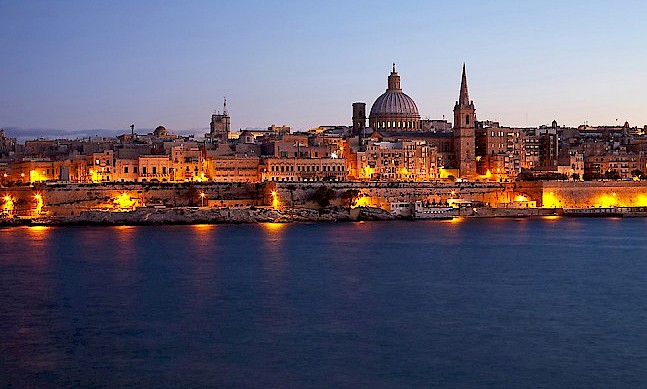Known for its stable government, transparent corporate taxation and regulatory environment, and legal infrastructure, Malta is home to a growing base of foreign direct investment. And that growth trend is expected to continue: more than half of the country’s foreign investors are planning near-term expansion and expect to remain in Malta for at least a decade.
A geographically advantageous location; skilled, multilingual workforce; and legislative framework that supports cross-border trade in European and global markets combine to make Malta an appealing destination for foreign direct investment (FDI). More than four-fifths of the foreign investors surveyed by Ernst & Young reported finding the country attractive for FDI, and more than half believe its assets will be a draw for at least three more years.
Wages in the country are rising, but labour costs are still regarded as reasonable given the quality of the workforce. Ease of doing business in the country wins praise, as well, The Ernst & Young survey found that Malta had earned a positive impression with its short “decision lines” and ease of access to “all levels of government in a very short timeframe.” These elements contribute to a business climate in which companies can “act quickly and nimbly in reaction to developments and threats, both real and potential” in competitive markets.
Finance and insurance are the dominant area for FDI flows, according to Malta’s National Statistics Office. Activities in these areas include insurance, reinsurance and pension fundings, and auxiliary activities related to financial services. Transportation, accommodation, and real estate activities comprise the next-largest area of FDI concentration and include land, sea, and air transport; warehousing and transportation support; postal and courier activities; and accommodation and food service.
These are followed by manufacturing; information and communication (publishing, audio and video production, telecommunications, and computer programming); and professional, scientific, and technical activities (legal, accounting, business and management consulting as well as architectural, engineering, technical, scientific, and veterinary activities).
Malta’s well-established position as trading hub with easy access to Europe, the Middle East, and North Africa dovetails nicely with growing interest in emerging markets. This creates the potential for ongoing opportunity in the country as a new global middle class emerges and attracts businesses to cross-border commerce. These factors, along with continued investment in transportation and logistics, create competitive advantages for Malta as an FDI target.
Malta’s knowledge economy attracts investor interest
Education and health are areas of emerging FDI interest in Malta. Agreements that the government has successfully negotiated with foreign institutions and investors have contributed to the opening of a medical campus in Gozo, a new private hospital in Smart City, and the construction of a private university. The initiatives provide an investment infusion and an opportunity for academic and professional exchange, as with the Barts and The London School of Medicine and Dentistry’s “Studying in Malta” programme. These strategies position Malta to pursue a better connected and more competitive future.










